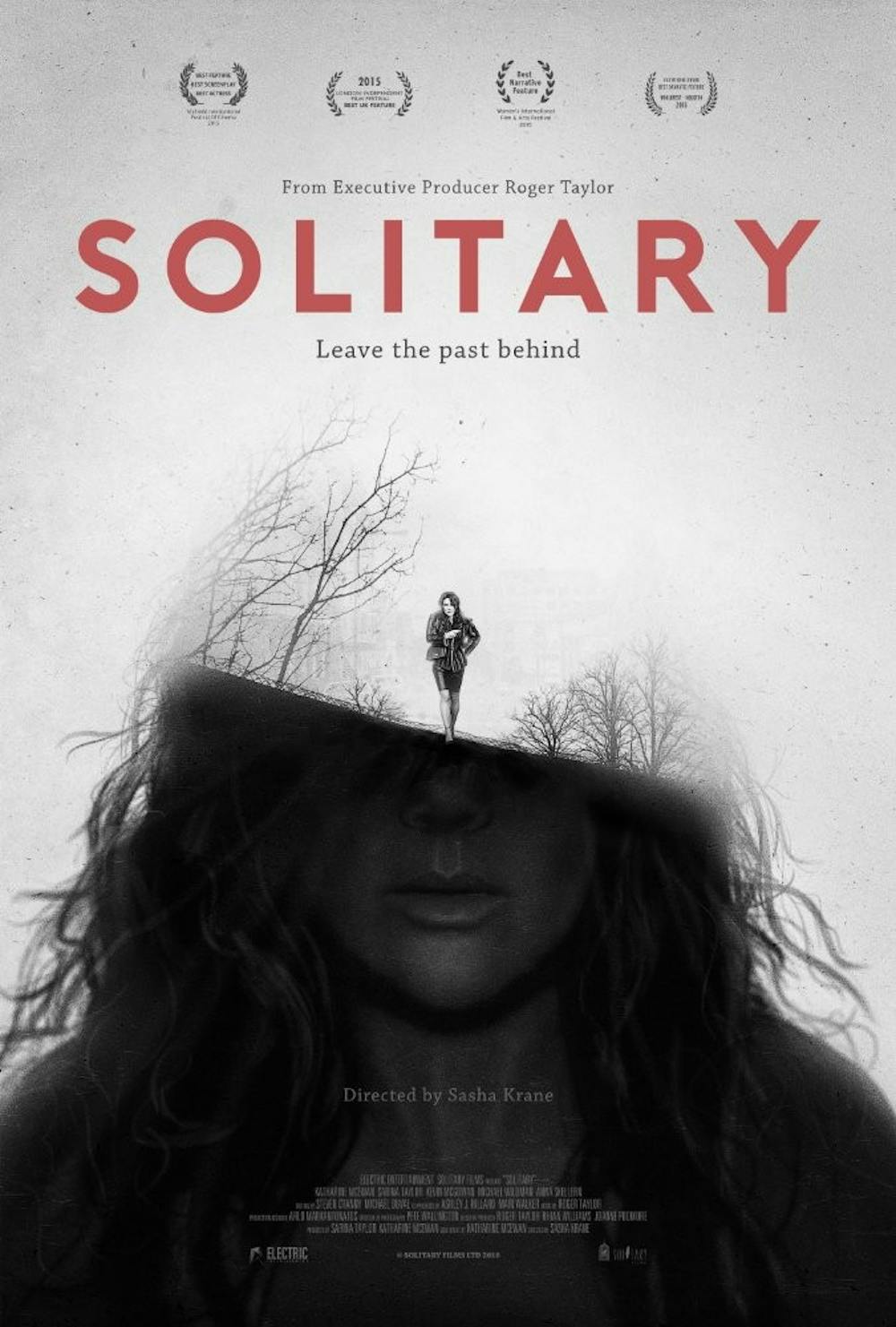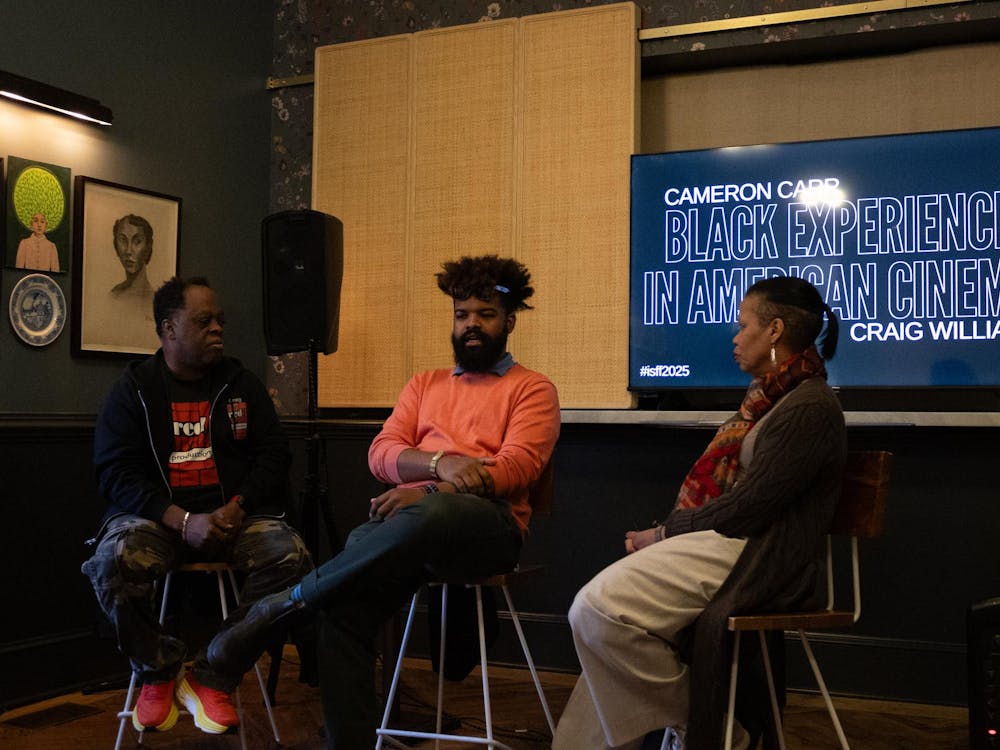After premiering in January 2015, the British film “Solitary” made waves in the independent film community. Earning 12 awards and 13 nominations, “Solitary” caught the attention of critics, especially after it opened the 2015 Chelsea Film Festival in New York City. The film is directed by Sasha Krane and is adapted from a screenplay by leading actress Katharine McEwan. The majority of the production was filmed in Southsea, England.
“Solitary” is an incredibly dark film, but its dismal nature is presented flawlessly through its unique screenplay and the remarkable actors and actresses who bring it life. The grimness has a purpose — shedding light on the rape and the assaults that happen to many men and women in surrounding communities, even in seemingly-safe spaces.
The film depicts Nora (McEwan) as her life begins to spiral out of control. Nora can’t keep a job, and her drinking problem causes her to lose ties to her boyfriend, sister and family. At the same time, Nora’s best friend Lisa (Anna Skellern) gears her life toward a happy marriage while Nora sits on the sidelines and continually becomes more self-destructive and stubborn.
In shedding light on the horrible consequences of rape and assault, the film works backwards in an uncommon and telling way. Rather than revealing the dark secrets of Nora’s abusive past, the audience experiences the effects of this past first before realizing where Nora’s troubles come from. Because of the unique way Krane decides to introduce the rape and traumatic experiences Nora has suffered, the film takes its most captivating turn as Nora’s life seems to have hit rock bottom — when she moves back in with her father.
Once under her old roof again, Nora has flashbacks that allow for the audience to become aware of why, perhaps, Nora has an alcohol dependency and has been flung so far into the deep end. The scenes of Nora suffering through these flashbacks are not only disturbing, but they are also terrifyingly portrayed — they could easily leave viewers with goosebumps as they have to relive the trauma that Nora went through. The amazing performance McEwan gives only enhances the heartbreak felt towards her character, and the clever symbolism and foreshadowing put in place by Krane will leave viewers wanting to rewatch the film to pick up on the dramatic irony.
While the plethora of dramatic events contained within the short, 90-minute film are what give the film life, it also becomes tiring and overwhelming at times. The sheer amount of tragedy that is hurled at the protagonist can leave viewers feeling hopeless, morose and even a bit aghast. The spectacular performances given by leading lady McEwan and her co-stars make the tragedy even more terrifying and real to viewers. That being said, it’s absolutely worth sticking through to the end to see that all of these tragic events don’t come without their own silver linings.
“Solitary” exquisitely depicts how assault and abuse can send victims down turbulent paths, along with the lack of understanding for victims’ behaviors. The film makes a powerful statement about the culture of silence in society that will leave viewers with a new level of sensitivity to those suffering around them.







